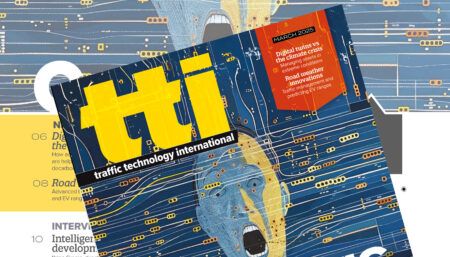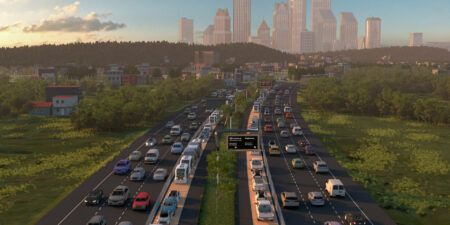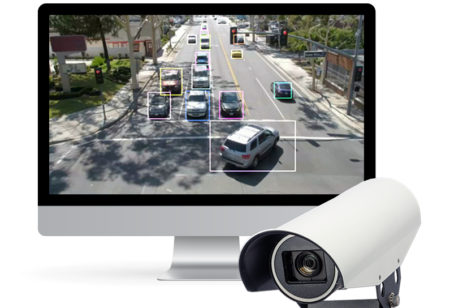Transportation and automotive organizations across the USA have expressed their concerns over the reintroduction of the WiFi Innovation Act by US Senators Marco Rubio (R-FL) and Cory Booker (D-NJ). Although it is seen as a popular move by the telecommunications and broadcast industries (the act would open up the 5.9GHz spectrum band for use by a wider array of devices) the transport industry would lose its current exclusive use of the waveband for ‘connected car’ and developing safety systems. ITS America, through its interim president and CEO, Thomas E Kern, released the following statement:
“We are on the cusp of a revolution in vehicle safety that will save thousands of lives each year and dramatically reduce the nearly US$1 trillion cost of traffic crashes and congestion to families, communities and the nation’s economy. Experts from the automotive, WiFi and intelligent transportation systems (ITS) industries are working together to explore whether a spectrum sharing technology can be developed to allow WiFi devices to operate in the same 5.9GHz band set aside by the FCC (Federal Communications Commission) for ITS safety systems, without delaying time-critical communications needed to prevent crashes. This collaborative process should continue without Congressionally-imposed deadlines, restrictive parameters or political pressure that creates regulatory uncertainty and could delay bringing these life-saving crash prevention technologies to consumers.”
A coalition representing automobile manufacturers, motorists, state highway and transportation officials, and the intelligent transportation community, has also sent a letter to Members of Congress asking them to oppose the Wi-Fi Innovation Act. Organizations signing the letter include: ITS America, Alliance of Automobile Manufacturers, Association of Global Automakers, AAA, American Association of State Highway and Transportation Officials (AASHTO), American Highway Users Alliance, American Public Transportation Association (APTA), American Traffic Safety Services Association (ATSSA), and the American Society of Civil Engineers (ASCE). The letter said, “This bill would open up previously dedicated auto safety spectrum to unlicensed WiFi users and jeopardize the implementation of a safety critical crash avoidance system that has the potential to significantly reduce traffic crashes and assist in reducing greenhouse gas emissions.”




